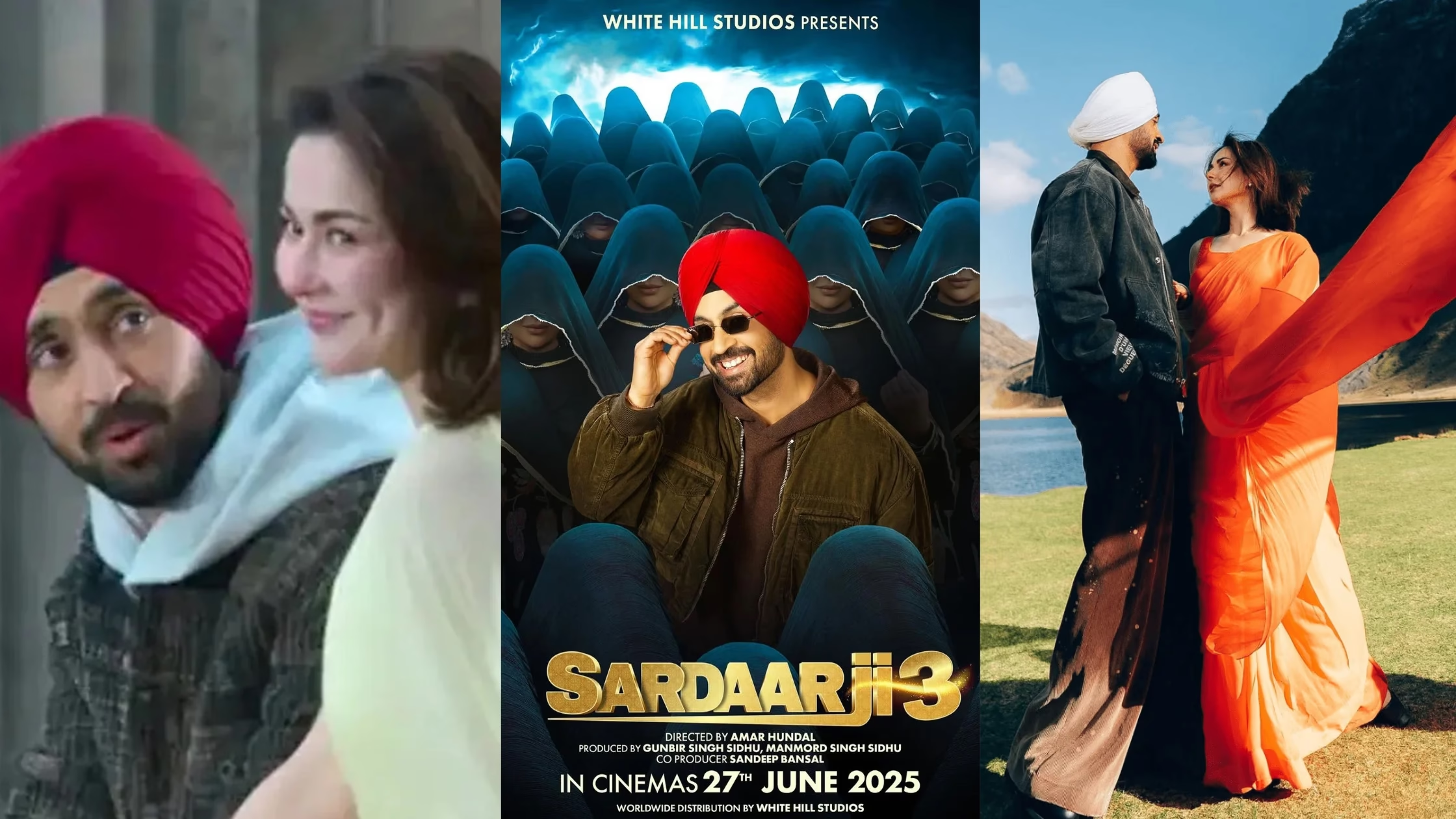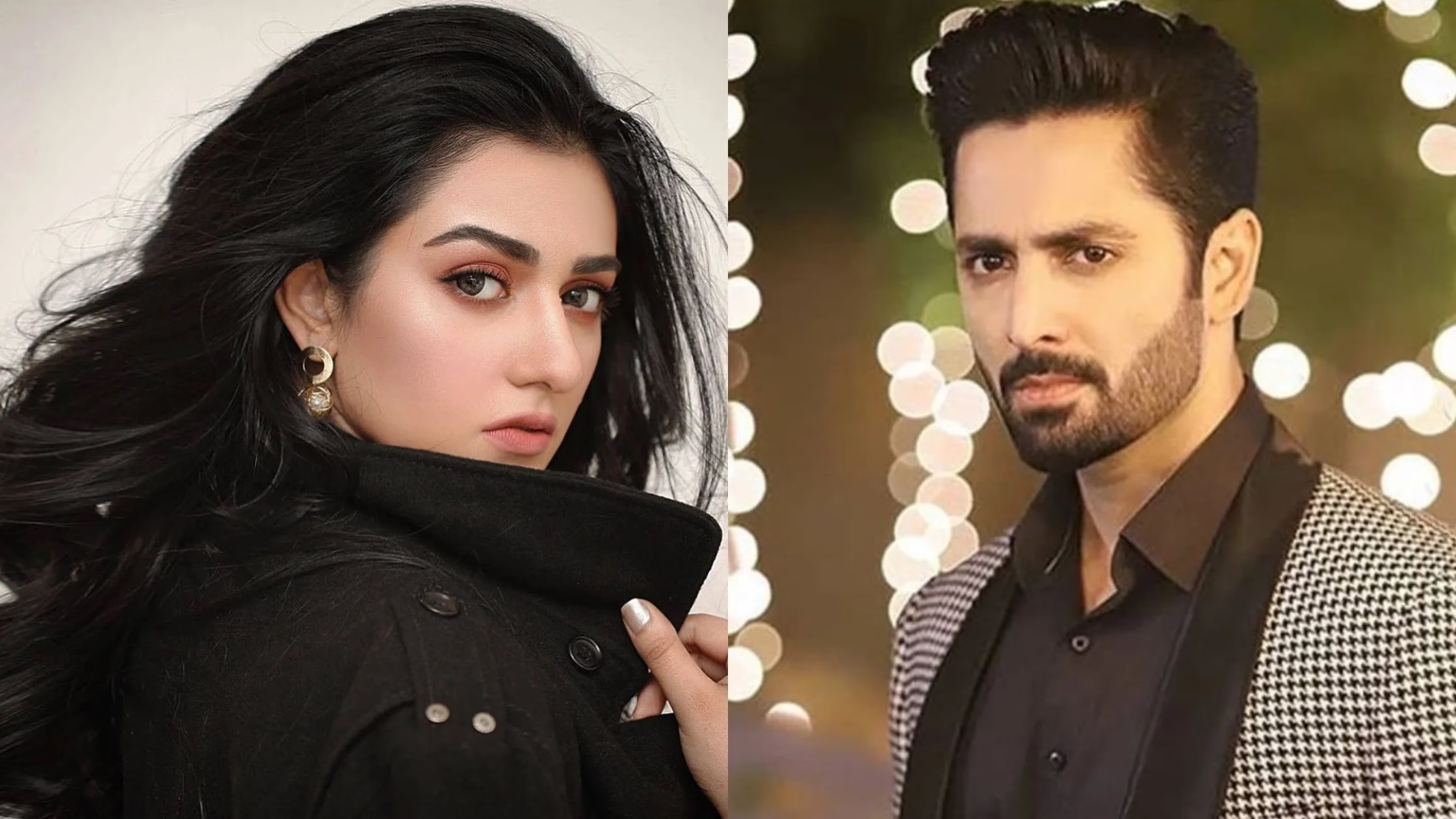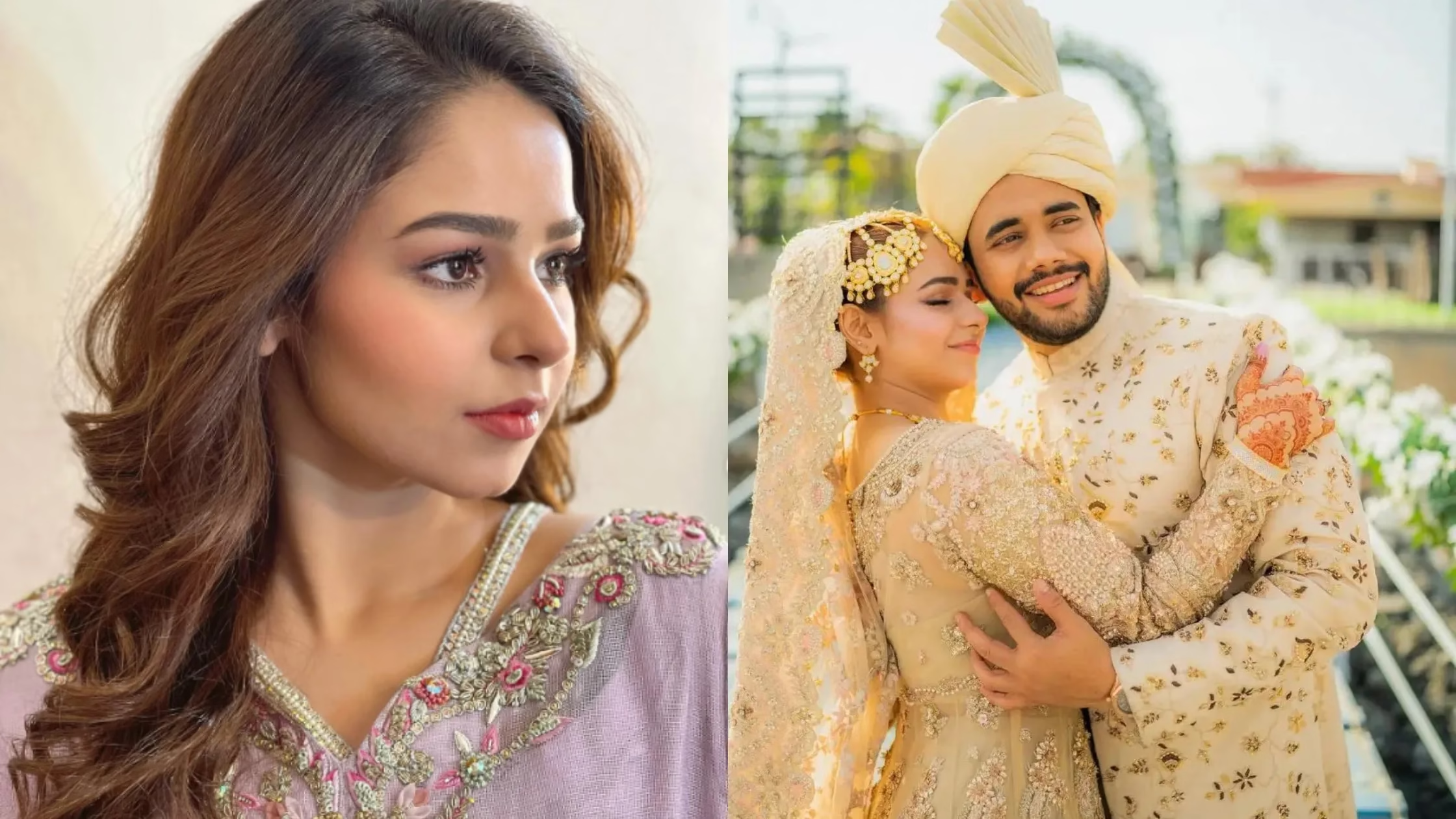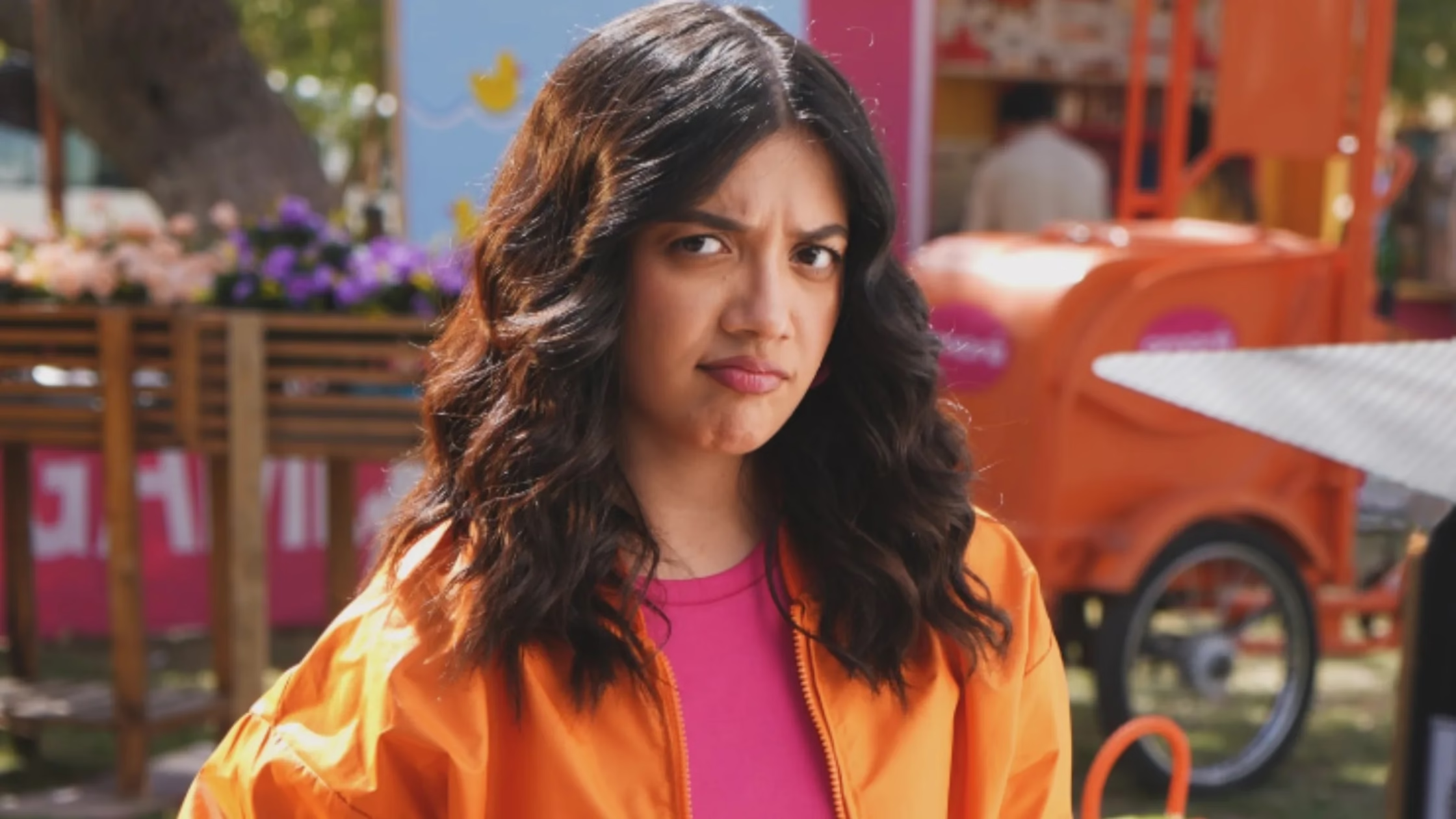Instagram Ban on Pakistani Celebrities in India: A Suppression of Art, Not a Security Measure
In an unexpected move following the Pahalgam attack in Indian-occupied Kashmir, Instagram has blocked several Pakistani celebrities’ accounts from

In an unexpected move following the Pahalgam attack in Indian-occupied Kashmir, Instagram has blocked several Pakistani celebrities’ accounts from being accessed in India. This includes popular stars like Hania Aamir, Mahira Khan, Ali Zafar, Sajal Aly, and others. Pakistani media and civil society are calling it a politically motivated action that unfairly targets artists and restricts cultural expression.

Who Was Blocked?

As of April 30, Indian Instagram users can no longer view the profiles of:
- Mahira Khan
- Hania Aamir
- Ali Zafar
- Sajal Aly
- Imran Abbas
- Iqra Aziz
- Bilal Abbas Khan
- Sanam Saeed
Users trying to visit these profiles are met with a message that reads:
“Account not available in India. This page is restricted due to a legal request, limiting access to the content.”
Meanwhile, some Pakistani accounts like Fawad Khan and Wahaj Ali remain visible revealing a selective and arbitrary enforcement of digital censorship.

Cultural Diplomacy Replaced by Digital Censorship
Artists are messengers of peace, creativity, and cross-border connection. The sudden ban on Pakistani celebrities is being criticized in Pakistan as an attempt by India to divert attention from internal tensions and suppress the soft image of Pakistan on global platforms.
Pakistani celebrities enjoy massive popularity in India, with millions of fans following their work in dramas, films, and music. The censorship appears more like a political tool than a protective measure, according to Pakistani analysts.
Beyond Instagram: A Broader Digital Blackout
This ban comes just days after India blocked 16 Pakistani YouTube channels, including leading broadcasters like:
- Geo News
- Dawn News
- ARY News
- Samaa TV
Even the YouTube channel of legendary Pakistani cricketer Shoaib Akhtar, with over 3.5 million subscribers, has been taken down in India.
These digital actions coincide with heightened Indo-Pak tensions following the April 22 attack in Pahalgam, which the Indian government blames on Pakistan without conclusive proof—a claim that Pakistan strongly rejects.
Pakistan’s Response: Calm but Firm
In response to India’s diplomatic and digital aggression, Pakistan has taken the following actions:
- Closing airspace to Indian flights
- Halting trade with India
- Rejecting India’s decision on the Indus Waters Treaty
- Condemning censorship of artistic voices
Islamabad has emphasized that targeting innocent artists and influencers will not improve bilateral relations and will only increase hostility between the two nations.
Freedom of Speech or Selective Silencing?
Pakistani journalists and media experts are questioning whether this move reflects genuine national security concerns or simply an attempt to silence voices from across the border. It’s important to note:
- There is no direct connection between these actors and the Pahalgam incident.
- Many of the affected artists have never made political statements or promoted controversial content.
- The decision appears to be based on nationality, not behavior—raising concerns of digital profiling.
- Simla Agreement Suspended: What It Means for India-Pakistan Relations
Impact on Cross-Border Relations
This step further weakens people-to-people ties, which have historically acted as a bridge during political standoffs. Fans from both sides have long enjoyed cultural exchanges through drama, music, films, and social media.
Many Indian users have expressed disappointment on social platforms, stating they feel “cut off” from their favorite Pakistani stars. In Pakistan, it is viewed as yet another effort by the Indian government to control narratives and limit public exposure to Pakistani voices.
Conclusion
The blocking of Instagram accounts of Pakistani celebrities in India is not just a technical issue—it’s a cultural blow and a symbolic act of division. At a time when digital platforms should be fostering understanding and cooperation, this move reflects increasing intolerance and political overreach.
Rather than promoting peace, such decisions create more distance between two neighboring nations already struggling with trust. Censorship of art and artists is never the answer to conflict—it only weakens the foundation for future dialogue and peace.
FAQs
1. Why did India block Pakistani Instagram accounts?
India claims the block was in response to the Pahalgam attack. However, no direct evidence links these celebrities to the incident.
2. Which celebrities were affected?
Mahira Khan, Hania Aamir, Sajal Aly, Imran Abbas, Ali Zafar, Bilal Abbas, Iqra Aziz, and Sanam Saeed.
3. Is this censorship permanent?
There is no official confirmation. However, such restrictions are often politically timed and could be lifted or extended based on diplomatic developments.
4. Which Pakistani celebrities’ Instagram accounts remain accessible in India?
Yes. Accounts like Fawad Khan’s and Wahaj Ali’s remain accessible, suggesting inconsistent enforcement.
5. How is Pakistan responding to this situation?
Pakistan has condemned the digital censorship and rejected any connection to the Pahalgam incident. It has also closed its airspace and suspended trade with India.






